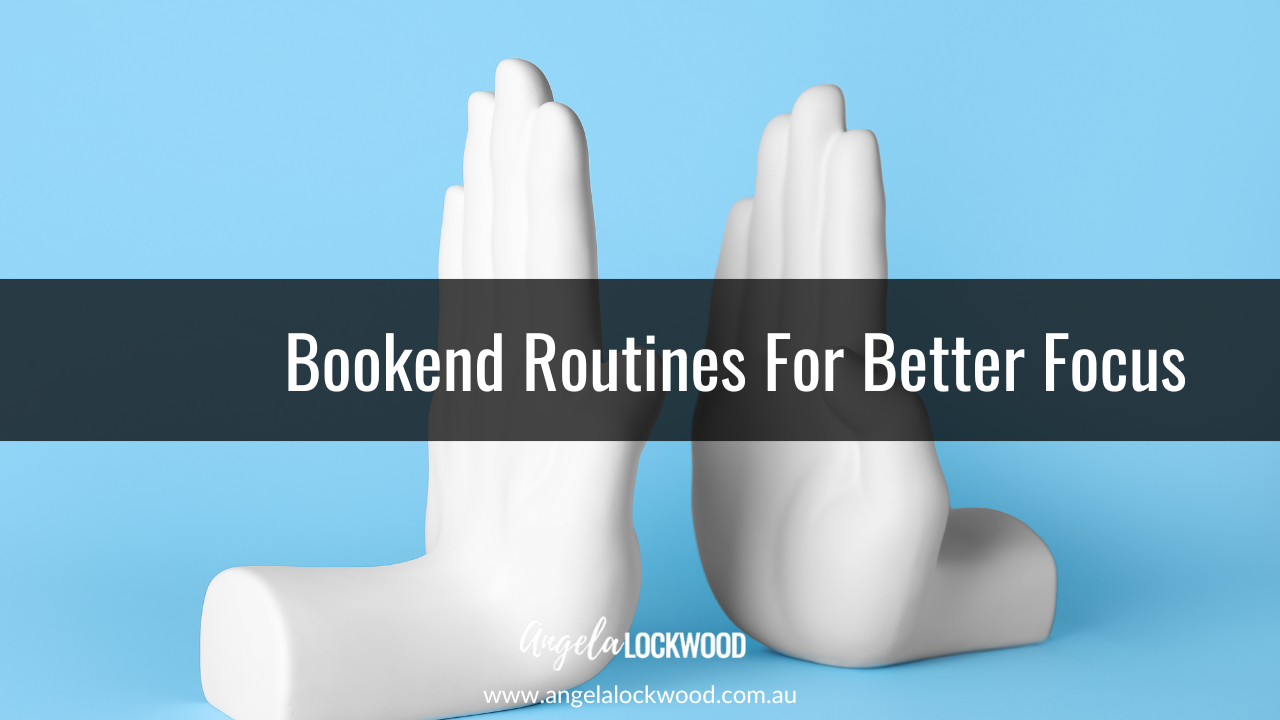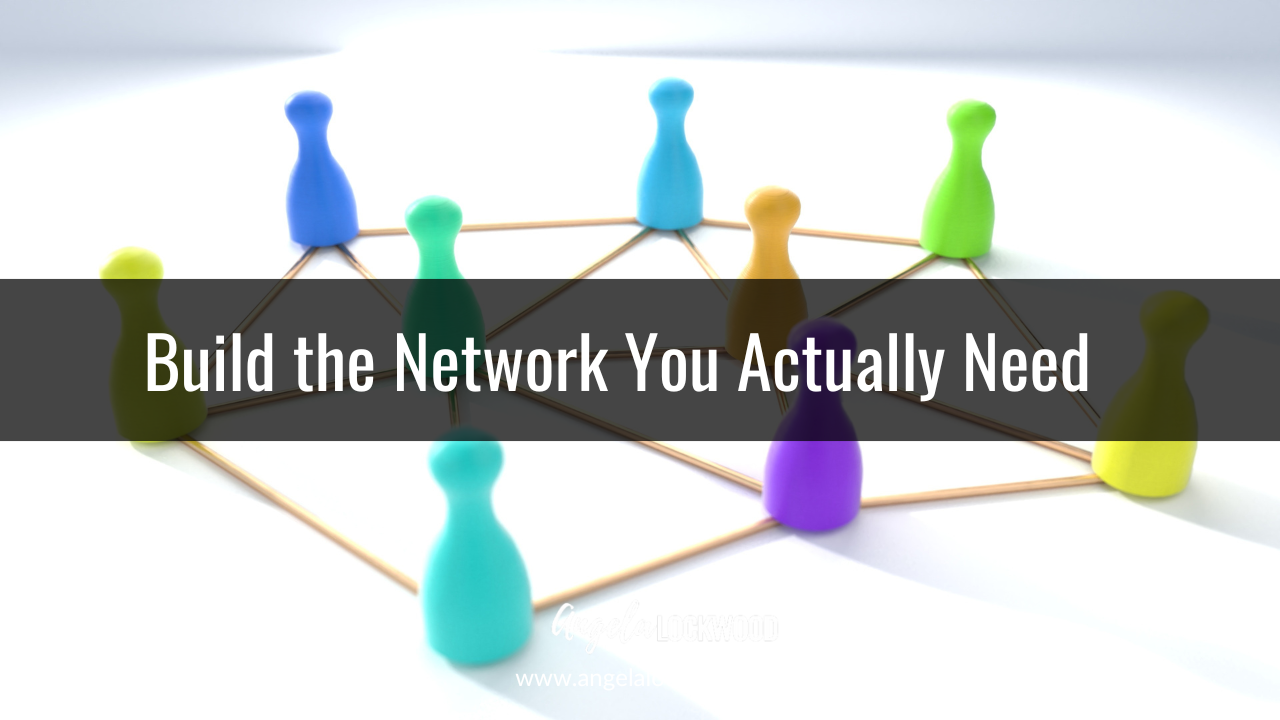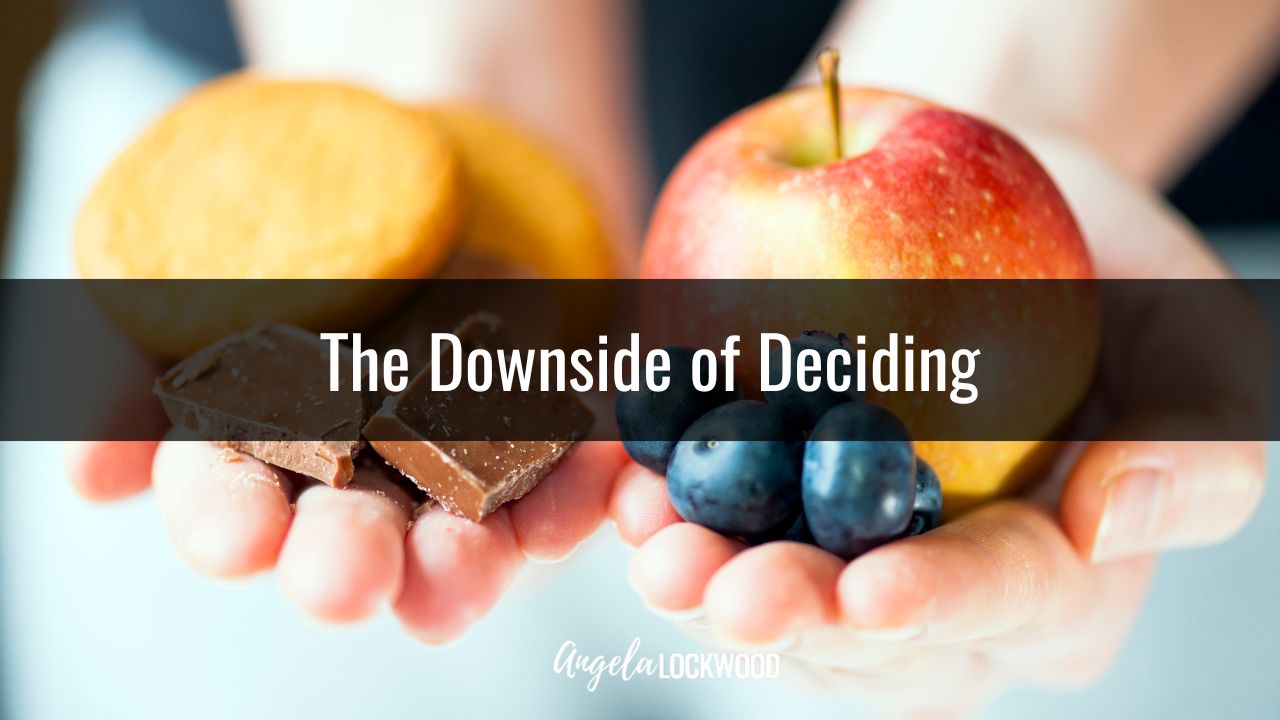My Smart Watch Experiment
Oct 15, 2024
I’m curious, do you wear a smart watch? If you do, you are certainly not alone.
As at the time of writing this blog it's estimated that about 2.1 million Australians are using wearable devices, which include smart watches. The Australian market for wearables continues to grow, with brands like Apple, Samsung, and Fitbit being the most popular among users.
The rising health consciousness among Australians and the need for real-time health tracking have contributed significantly to this adoption of smart devices. I found myself interested in the same. Technology that can help to remind me to move more and provide me with targets to motivate me.
This led me to my latest experiment, wearing a smart watch.
Now considering 2.1 million Australians are already wearing a smart watch, I have not worn a watch for 15 years, let alone a smart watch, so this was a big step for me.
If you’ve ever heard me speak at an event, you’ll know I’m not exactly shy about sharing my dislike for these gadgets. I have never been interested in wearing one and through my coaching with stressed and time pressured adults, I have seen how wearable devices can add to overwhelm rather than aiding. So, when speaking to my brother about my desire for the fitness aspects and nothing else he handed me an Apple Watch to try, I thought, why not give it a go? After all, how can I keep dishing out my opinions without testing it for myself?
My story is that years ago, I stopped wearing any kind of watch. As an occupational therapist and aerobics instructor, I was always working against the clock. Every hour was accounted for, both at work and in my evening gym classes, where even my exercise routines were timed. It felt like time was ruling my life. So, when a mentor suggested I stop wearing a watch, I was skeptical. But the moment I took it off, I felt a noticeable shift—a lightness. I wasn’t as stressed, and I no longer felt time constantly pressing on me.
Fast forward to today, and here I was, putting on a smart watch. I thought I had clear goals—just track my steps and health metrics. But as soon as I set it up, I felt overwhelmed. Notifications buzzed, my wrist vibrated, and suddenly, I was reminded why I disliked these devices so much. I had spent 15 years without a watch, and now this small object on my wrist was pulling me back into that constant pressure of time and tasks.
The turning-point moment came while I was enjoying a peaceful evening with my family one night-one of the experiment. Out of nowhere, the watch buzzed and told me to stand up. I was sitting down, feeling relaxed, and suddenly, this device was telling me what to do! It was at that moment I knew: this wasn’t for me. I didn’t need a device dictating my every move or adding to the pressure I was trying to escape. I understand it was trying to help but for me, this wasn’t the help I needed.
For some, smart watches are a helpful tool. They keep track of health, organise daily life, and provide quick access to notifications. But for many, they’re another source of distraction and overwhelm. If you find yourself feeling constantly "on," always reachable, and unable to fully disconnect, it might be worth taking a break from your smart watch. You don’t have to know the time every second of the day, and believe me, you won’t miss out on much.
At the end of the day, it’s all about what works for you. For me, I’ve learned that removing distractions—even in the form of a small watch—can lead to a calmer, more focused life. So, if you’re feeling overwhelmed, give it a try. You might just find that a little less connection leads to a lot more peace.
To listen to the full episode on “Distracted” you can listen on all streaming platforms. Listen here
Angela
Angela Lockwood
Distracted Podcast Host, Occupational Therapist






